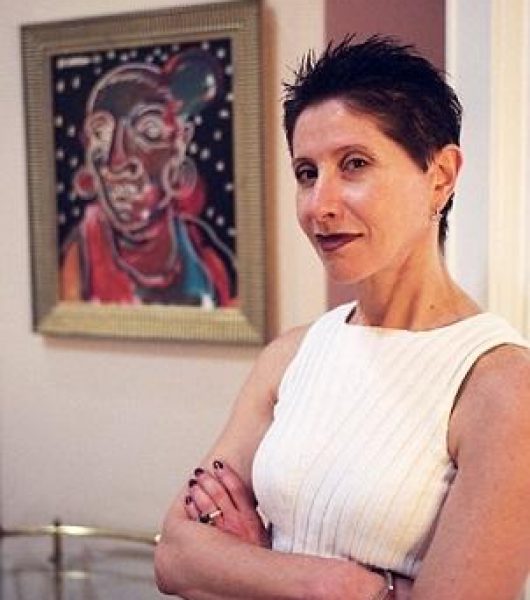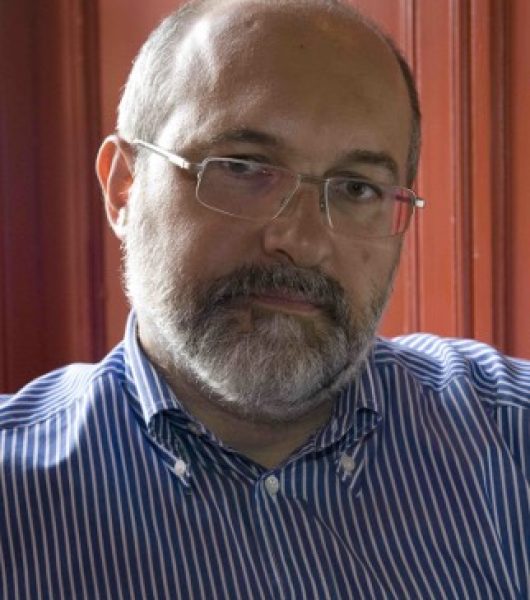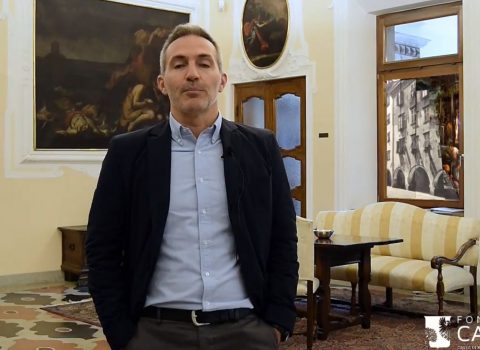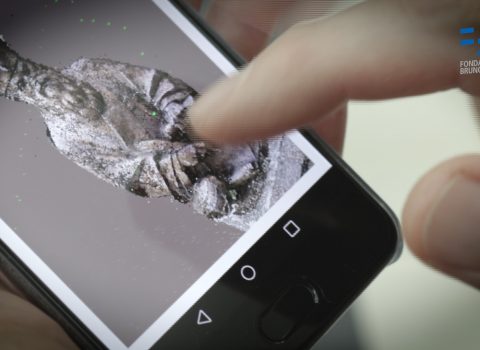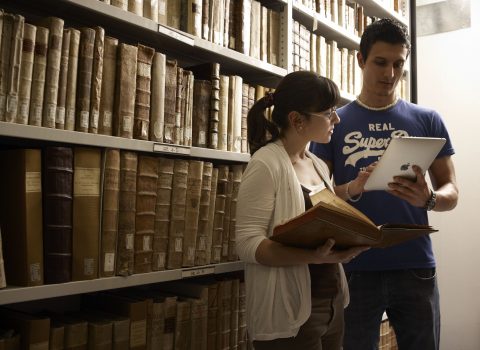
When art changes society
How can pleasure be a principle for innovation? What is the key motivational factor? How important is impact measurement? Why do we need crazyness? - A conversation with Doris Sommer from Harvard
Theatre has nothing to do with buildings or other physical constructions.
Theatre — or theatricality — is the capacity, this human property which allows man to observe himself in action, in activity.
The self-knowledge thus acquired allows him to be the subject (the one who observes) of another subject (the one who acts).
It allows him to imagine variations of his action, to study alternatives.
Man can see himself in the act of seeing, in the act of acting, in the act of feeling, the act of thinking.
Feel himself feeling, think himself thinking.
(Augusto Boal, The Rainbow of Desire – 1995)Knowledge empowers people. If people know the rules,
and are sensitized by art, humor, and creativity,
they are much more likely to accept change
(Antanas Mockus)
Invited by Irvapp director prof. Pier Luigi Sacco, Doris Sommer has held on 6 June 2018 the seminar “Culture is the keyword”. She presented us her models of inspiration from Boal’s theatre to Edi Rama colored vision for his town, Tirana, from Mockus’s happy revolution in Bogotà during the nineties of last century to Pedro Reyes notion of “utility” of art objects and processes.
What do all these different experiences have in common? The power of cultural engagement as a transformational force. Through cultural practices we can represent a problem as a plot in which we can play an unprecedented role and begin to imagine something new. We need to break wrong habits, we must be brave to take risk and learn by doing, with trials and errors: the process last for ever, not the product. In other words, community-art practices are a permanent call for citizens to collaborate in the endless co-creation of a more just and more beautiful world.
She also showed us the Pre-Texts programme, an international arts-literacy project that translates high literary theory through popular creative practices: a train-the-trainers pedagogy developed by the Cultural Agents Initiative at Harvard University, and available to outside partners through Cultural Agents, Inc. The methodology combines three complementary goals of holistic education: high-order literacy, innovation, and citizenship.
[Photo: “Palas Por Pistolas“, by Pedro Reyes, from Wikimedia Commons]

